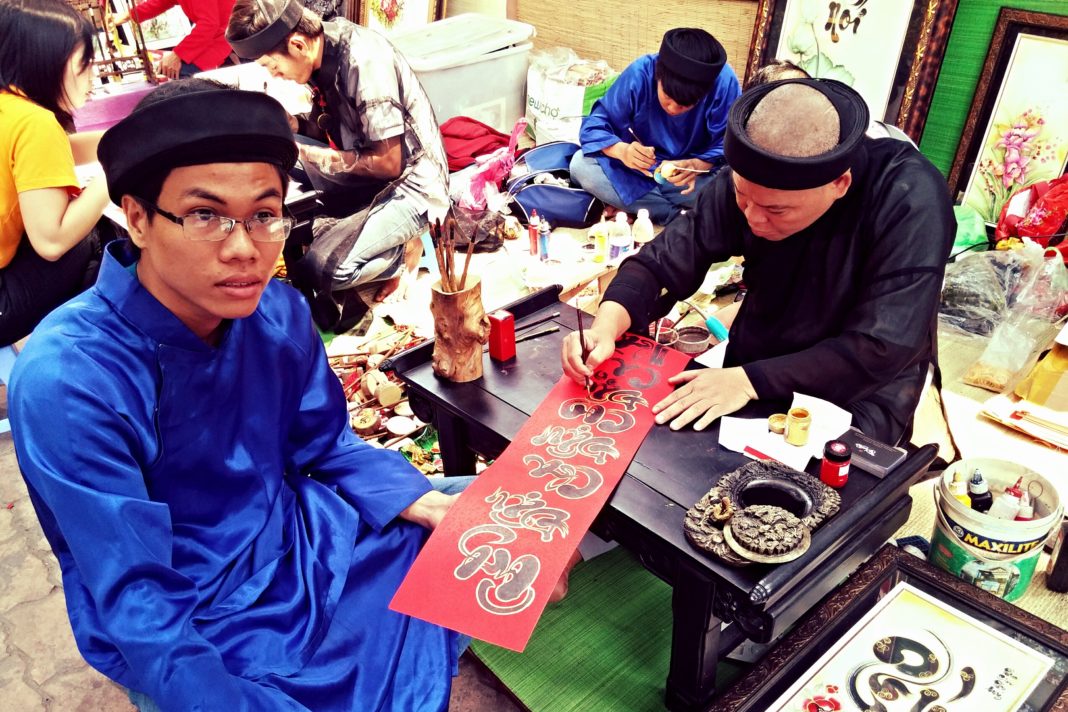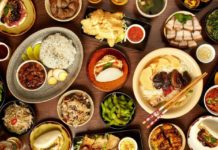Here are some key customs that are commonly observed in Vietnam:
- Respect for elders: Vietnamese culture places a strong emphasis on showing respect to elders, whether they are family members, community leaders, or strangers. This is often demonstrated through gestures such as bowing, using polite language, and avoiding direct eye contact as a sign of deference.
- Confucian values: Confucianism, an important philosophical and ethical system, has had a significant influence on Vietnamese customs. Filial piety, or reverence and obedience towards parents and ancestors, is highly valued in Vietnamese society. Ancestors are often honored through ancestral altars in homes, where offerings and prayers are made.
- Lunar New Year (Tet): Tet is the most important holiday in Vietnam and is based on the lunar calendar. It usually falls between late January and mid-February and is a time for family reunions, paying respects to ancestors, and welcoming the new year with various customs and traditions such as cleaning homes, decorating with flowers, and preparing special food.
- Communal spirit: Vietnamese people often have a strong sense of community and helping one another is highly valued. Practices such as mutual assistance among neighbors, communal celebrations, and cooperative farming are common in rural areas, highlighting the importance of solidarity and cooperation.
- Superstitions and beliefs: Vietnamese culture is rich in superstitions and folk beliefs. Many Vietnamese people believe in fortune-telling, astrology, and the influence of spirits and ghosts. These beliefs are often intertwined with daily life and customs, such as avoiding certain activities or wearing specific colors for luck.
- Table manners: Vietnamese table manners are characterized by the use of chopsticks, communal eating, and a preference for rice as a staple food. It is considered impolite to waste food, and it is common for Vietnamese people to offer food to others as a gesture of hospitality.
- Etiquette in religious places: Vietnam is a country with diverse religious practices, including Buddhism, Confucianism, Taoism, and indigenous religions. When visiting religious places such as temples or pagodas, it is customary to dress modestly, remove your shoes before entering, and show respect to the deities and the local customs.
- Gift-giving: Giving and receiving gifts is a common practice in Vietnamese culture, especially during special occasions or festivals. Gifts are often presented with both hands, and it is polite to decline a gift before finally accepting it as a sign of humility and modesty.
These are just a few examples of Vietnamese customs, and the country’s cultural practices can vary depending on the region and local traditions. Overall, Vietnamese customs reflect a deep respect for tradition, community values, and a strong sense of hospitality.




